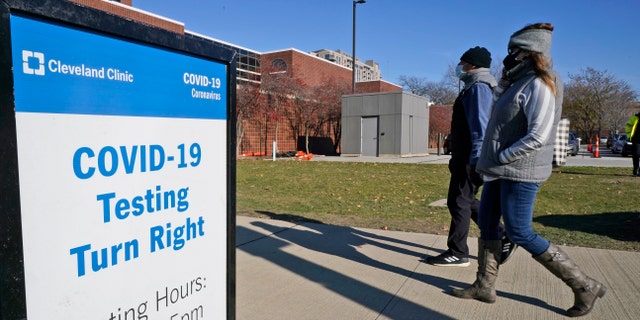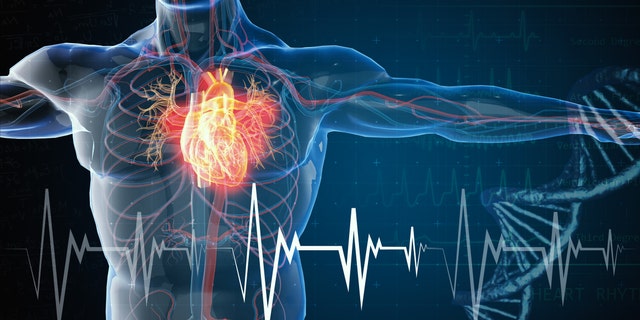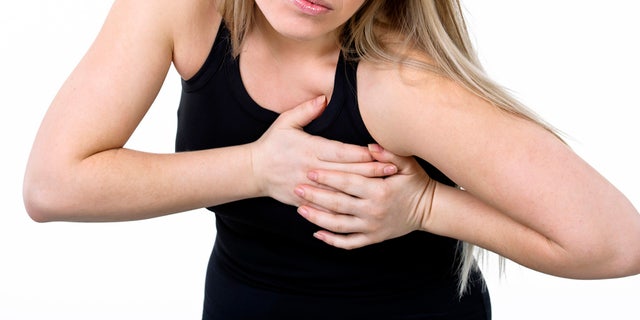Woman who survived deadly 'widow maker' heart attack hopes to alert others
Suzanne Calicchio, 48, hopes to encourage people to take the signs and symptoms of a heart attack more seriously, after surviving a "widow maker" heart attack, according to a recent report.
"We went in, we shocked her," said Dr. James Ryan, the medical director of emergency medicine at St. Catherine of Siena Hospital in Smithtown, New York.
"We actually had to shock her, it was 33 times. I've been practicing emergency medicine about 35 years now and I can't remember a single other patient who had a shock 33 times and survived. After we worked on her for about an hour and 20 minutes ... We got her stabilized enough (for surgery)," he added.
Six months ago after returning from work, she started to feel pain associated with numbness in her arms, but originally downplayed her symptoms.
Dr. Colleen Kraft, a fellow with the IDSA, stated during the briefing that she is "very concerned about myocarditis." (iStock)
But her fiancé called 911 despite her stubbornness to avoid the ambulance. After she arrived in the emergency room, she became unresponsive.
"I would've died in my sleep," Calicchio said. "I absolutely would have been a goner ... The fact that I paid attention to how my body was reacting and I said something to (my fiancé) and that he reacted, it was all just happened for a reason, I believe."
HEART DISEASE CAN BE PREVENTED IF YOU GO TO SLEEP AT THIS EXACT TIME
Three main coronary arteries supply the heart with oxygen, one on the right and two on the left side of the heart, with the main one termed the left anterior descending (LAD) artery, according to the Cleveland Clinic.
Over time a plaque can form around the walls of one or more of the heart arteries, so if a blood clot forms around a plaque that blocks blood flow, a heart attack occurs.
LOW LIBIDO? SOME FOODS COULD MAKE A DIFFERENCE
"Widow maker" heart attacks occur when there’s a blockage to the LAD, but it causes the same symptoms as a heart attack caused by a blockage in a different artery, so general symptoms to watch for include: chest pain, shortness of breath, lightheadedness and sweating, but can be associated with more subtle symptoms in women like neck, jaw pain or nausea, according to the Cleveland Clinic.

Two people walk past a sign for COVID-19 testing at the Cleveland Clinic, Wednesday, Nov. 18, 2020, in Cleveland, Ohio. (AP Photo/Tony Dejak)
"The main thing, walking away from this experience, is listening to your body," Calicchio advised.
CLICK HERE TO GET THE FOX NEWS APP
"You have to listen, and you can't be stubborn and put it under the rug, because that's when you're snatched away."
Click here for more information about heart attack symptoms in women from the American Heart Association.



Comments
Post a Comment